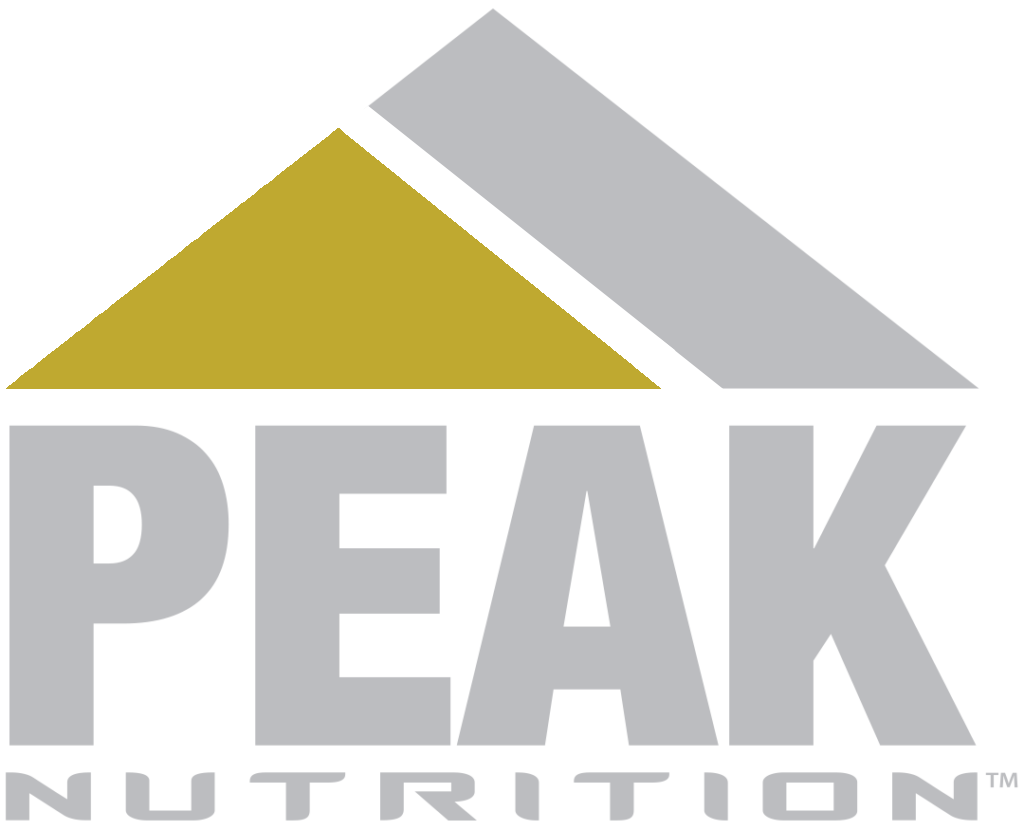Axe & Sledge Product Review
In the ever-evolving world of fitness and bodybuilding, few supplements garner as much attention as Branched-Chain Amino Acids, commonly known as BCAAs. These supplements are touted for their potential to enhance muscle growth, reduce soreness, and boost endurance. But amidst all the hype, many enthusiasts and athletes wonder: Are BCAAs truly necessary for achieving their fitness goals? At Peak Nutrition, we prioritize helping our customers make informed decisions that lead to real results.
What Are BCAAs?
Branched-Chain Amino Acids, or BCAAs, consist of three essential amino acids: leucine, isoleucine, and valine. These amino acids are deemed “essential” because the human body cannot produce them independently; they must be obtained through diet or supplementation. What sets BCAAs apart from other amino acids is their unique structure and the fact that they are metabolized directly in the muscles rather than the liver. This direct metabolism allows them to serve as a quick energy source during intense physical activity.
Each of the three BCAAs plays a crucial role in muscle metabolism:
- Leucine: Known for its powerful role in stimulating muscle protein synthesis, leucine is often considered the most important BCAA for muscle building.
- Isoleucine: This amino acid helps increase glucose uptake into cells and the utilization of glucose during exercise, aiding in energy production.
- Valine: Valine is involved in energy production and muscle tissue repair, making it essential for overall muscle health.
The unique properties and roles of BCAAs make them a popular choice among athletes and fitness enthusiasts looking to enhance their performance and recovery.

The Benefits of BCAAs
1. Muscle Protein Synthesis
Muscle protein synthesis (MPS) is a critical process for muscle growth and recovery. It involves the creation of new muscle proteins to repair and build muscle tissue damaged during exercise. Among the BCAAs, leucine stands out for its potent ability to stimulate MPS. When leucine levels are elevated, they signal the muscle cells to start the protein synthesis process, which is essential for muscle hypertrophy (growth).
Scientific Support: A study published in the Journal of Nutrition highlights the role of leucine in promoting muscle protein synthesis. The study found that leucine supplementation significantly increased MPS, especially when consumed post-exercise. T
2. Reduced Muscle Soreness
Intense exercise often leads to muscle soreness, which can hinder subsequent training sessions. BCAAs have been shown to reduce exercise-induced muscle soreness, allowing for quicker recovery and less downtime between workouts. This effect is particularly beneficial for those who engage in frequent, high-intensity training.
Scientific Support: Research published in the International Journal of Sports Nutrition and Exercise Metabolism demonstrates that BCAA supplementation can significantly reduce muscle soreness post-exercise. The study observed that participants who consumed BCAAs experienced less muscle soreness and quicker recovery compared to those who did not.

3. Enhanced Endurance
Endurance athletes often face the challenge of depleting their glycogen stores during prolonged exercise. BCAAs can serve as an additional energy source, helping to delay fatigue and enhance endurance performance. By providing an alternative fuel source, BCAAs can help sustain energy levels during long-duration activities.
Scientific Support: A study in the Journal of Nutrition and Metabolism found that BCAA supplementation improved endurance performance in trained athletes. The study concluded that BCAAs helped maintain energy levels and reduced fatigue, allowing athletes to perform better over extended periods .
4. Preventing Muscle Breakdown
During intense exercise or calorie restriction, the body can enter a catabolic state, where it breaks down muscle tissue for energy. BCAAs can help prevent this muscle breakdown, preserving lean muscle mass. This is particularly important for individuals looking to maintain muscle while losing fat or during periods of intense training.
Scientific Support: The American Journal of Clinical Nutrition published a study indicating that BCAA intake helps maintain lean muscle mass during periods of caloric deficit. The study showed that participants who consumed BCAAs preserved more muscle mass compared to those who did not, highlighting the protective effect of BCAAs on muscle tissue .
5. Mental Focus and Reduced Fatigue
BCAAs may also impact mental focus and reduce perceived exertion during exercise. This effect is thought to be related to the role of BCAAs in neurotransmitter synthesis in the brain. By reducing the production of serotonin, a neurotransmitter associated with fatigue, BCAAs can help maintain mental clarity and reduce the feeling of tiredness during prolonged exercise.
Scientific Support: A study published in the Journal of Sports Medicine and Physical Fitness found that BCAAs could reduce perceived exertion and mental fatigue during exercise. Participants who consumed BCAAs reported feeling less mentally fatigued and more focused, which can be beneficial for both physical performance and cognitive function during workouts.

Are BCAAs Necessary?
Diet Considerations
The necessity of BCAA supplementation largely depends on your diet. If you consume a protein-rich diet, you might already be getting sufficient BCAAs from whole foods. Foods such as meat, dairy, eggs, and legumes are excellent sources of BCAAs. For individuals who meet their daily protein requirements through diet, additional BCAA supplementation might not provide significant benefits.
Example: A serving of chicken breast or a scoop of whey protein provides a substantial amount of BCAAs. For someone consuming these foods regularly, the need for extra BCAA supplements diminishes. Whole foods not only provide BCAAs but also offer other essential nutrients that support overall health.
Training Intensity and Goals
For those engaged in high-intensity training or pursuing specific performance goals, BCAA supplementation can offer an advantage. Athletes, bodybuilders, and individuals undergoing rigorous training regimens may benefit more from BCAAs than casual exercisers. The additional support in muscle recovery, endurance, and prevention of muscle breakdown can be particularly valuable for this group.
Example: Endurance athletes, such as marathon runners, and bodybuilders during a cutting phase may find BCAAs useful. These individuals face significant physical stress and muscle breakdown, making BCAAs beneficial for preserving muscle mass and enhancing performance.
Convenience and Preference
BCAA supplements offer convenience, providing a quick and easy source of these essential amino acids without the need to prepare and consume a meal. For some, the convenience of a supplement can be a significant factor in maintaining consistency in their supplementation routine.
Example: Busy individuals who struggle to consume protein-rich meals throughout the day may find BCAA supplements helpful. Instead of preparing multiple meals, a BCAA supplement can ensure they receive the necessary amino acids to support their training and recovery.

Conclusion: To Supplement or Not?
In conclusion, BCAAs offer several benefits, particularly for those engaged in intense training or seeking to enhance their muscle recovery and performance. However, whether BCAA supplements are necessary depends on individual dietary intake, training intensity, and personal fitness goals. At Peak Nutrition, we aim to help you make informed decisions tailored to your unique needs.
If you have questions about BCAA supplements or other products, Peak Nutrition is here to assist you. Remember, achieving your fitness goals requires a balanced approach that includes proper nutrition, consistent training, and the right supplements.
- Leucine and Muscle Protein Synthesis:Link: https://pubmed.ncbi.nlm.nih.gov/25234223/
- BCAAs and Muscle Soreness: Link: https://www.ncbi.nlm.nih.gov/pmc/articles/PMC6212987/
- BCAAs and Endurance: Link : https://www.ncbi.nlm.nih.gov/pmc/articles/PMC4241904/
- BCAAs and Muscle Preservation: Science Direct – Link : https://www.sciencedirect.com/science/article/pii/S0022316622001183#:~:text=Conclusions,advantageous%20for%20lean%20mass%20preservation.
- BCAAs and Mental Focus: Journal of Sports Medicine and Physical Fitness – Link: https://digitalcommons.sacredheart.edu/cgi/viewcontent.cgi?article=1112&context=acadfest
If you found this blog helpful, make sure to follow us on Instagram @peakAZ for more tips and tricks, and come visit us at one of our store locations!




